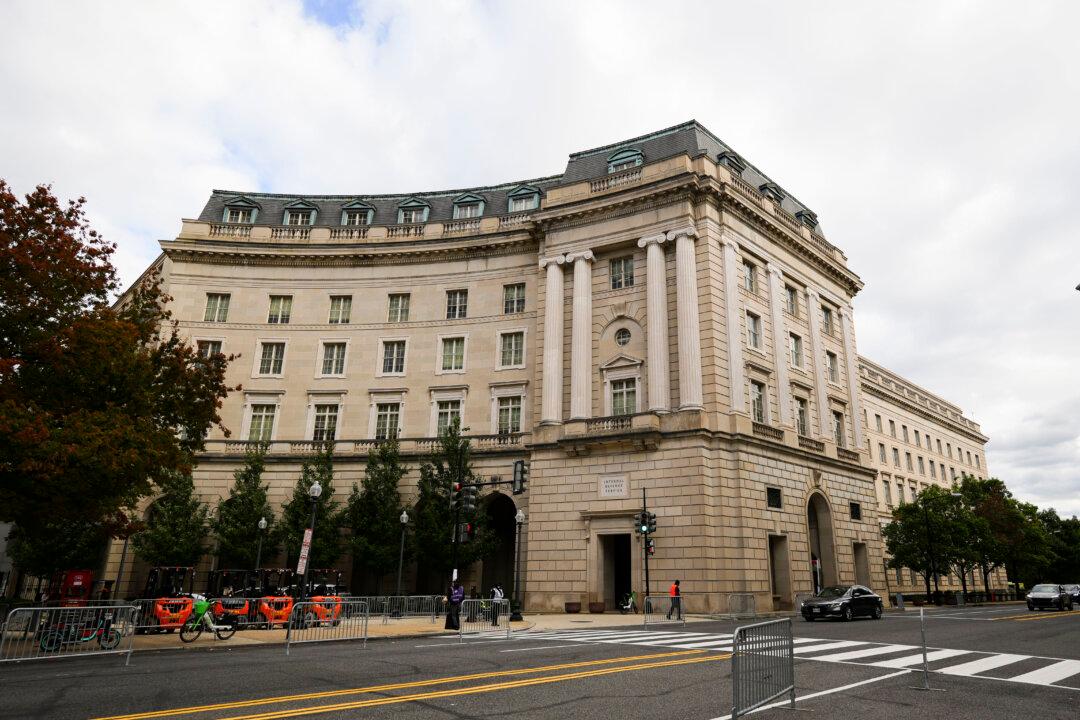The Internal Revenue Service (IRS) has warned American taxpayers to be on the lookout for criminals soliciting donations and falsely posing as legitimate charities in the wake of a string of natural disasters and conflicts happening across the globe.
In an Oct. 23 news release, the IRS noted that criminals commonly set up fake charities to take advantage of the public’s generosity during times of international crises or disasters.




